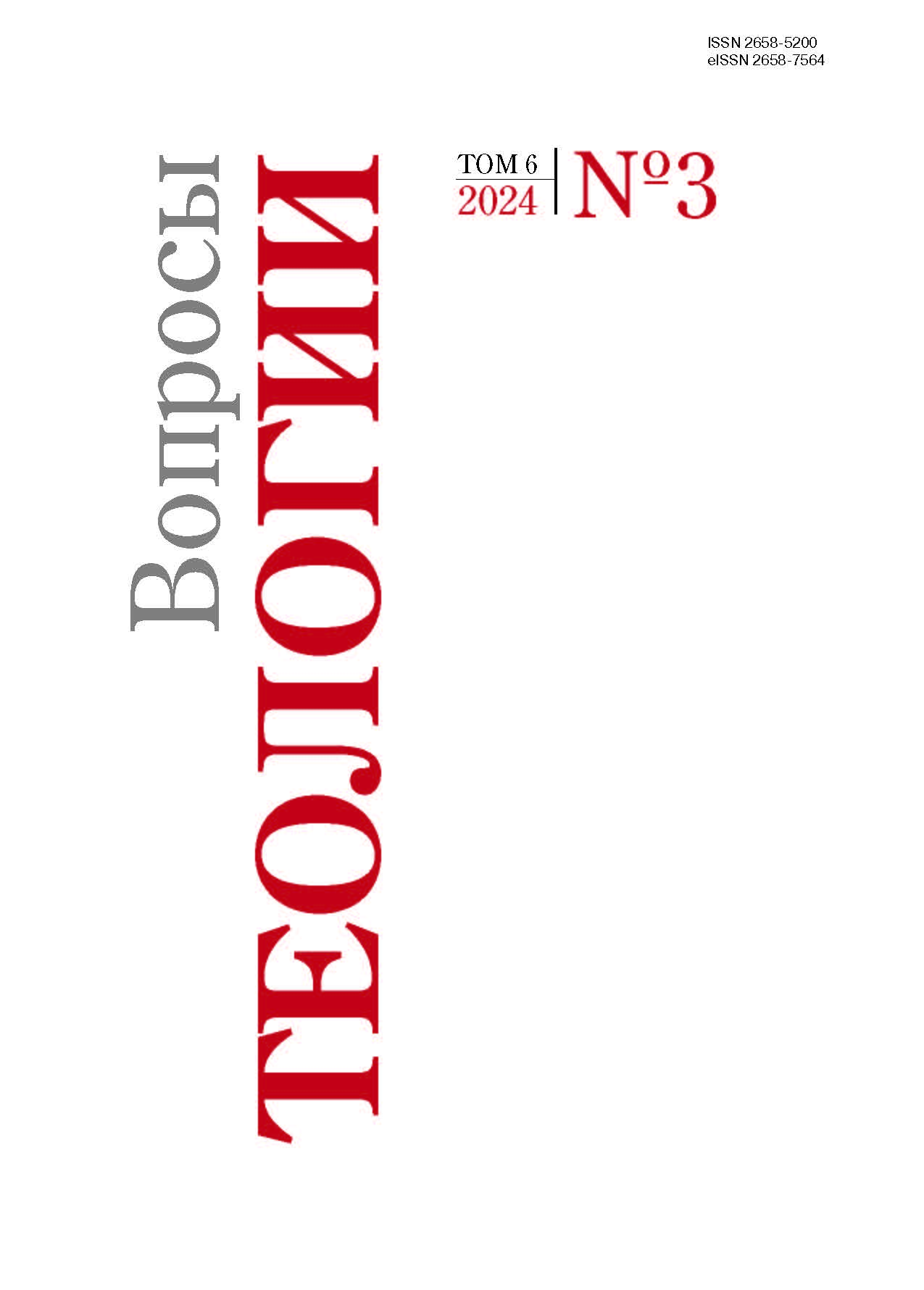Canonical regulation of family and marriage issues in Christian denominations: Comparative analysis
DOI:
https://doi.org/10.21638/spbu28.2024.305Abstract
The paper is focused on the issues of canonical regulation of marriage and family relations in various Christian denominations. The objective of the paper is to identify the models of normative regulation of the family and marriage in Orthodoxy, Catholicism and Protestantism, as well as the changes that have taken place in this area. Based on the analysis of normative documents (collections of canons, encyclicals and letters of the popes, doctrinal documents of Protestant denominations, social doctrines and concepts of various confessions), it is shown that in Catholicism an evolutionary mechanism is used, which is expressed in the creation of new formal canons binding on all church members. A flexible response to a change in the system of values in Protestantism is based on a revolutionary mechanism that allows for various interpretations of biblical provisions. Orthodoxy, using the ancient canons, retains the traditional mechanism of norm-creating, makes attempts to adapt them creatively to contemporary reality, and relies on the principle of economy. Guidelines in this process are new regulations adopted at the local level. Understanding the peculiarities of the ecclesiastic law regulations of marriage and family relations can contribute to the establishment of interfaith dialogue and the search for a cross consensus that contributes to the joint solution of contemporary social problems.
Keywords:
canons, regulatory mechanisms, norms, Christianity, law, Orthodoxy, Catholicism, Protestant denominations, marriage, family
Downloads
References
References
Downloads
Published
Issue
Section
License
Articles of "Issues of Theology" are open access distributed under the terms of the License Agreement with Saint Petersburg State University, which permits to the authors unrestricted distribution and self-archiving free of charge.




